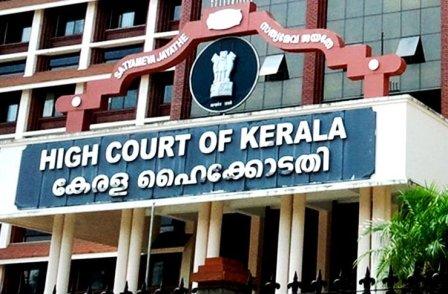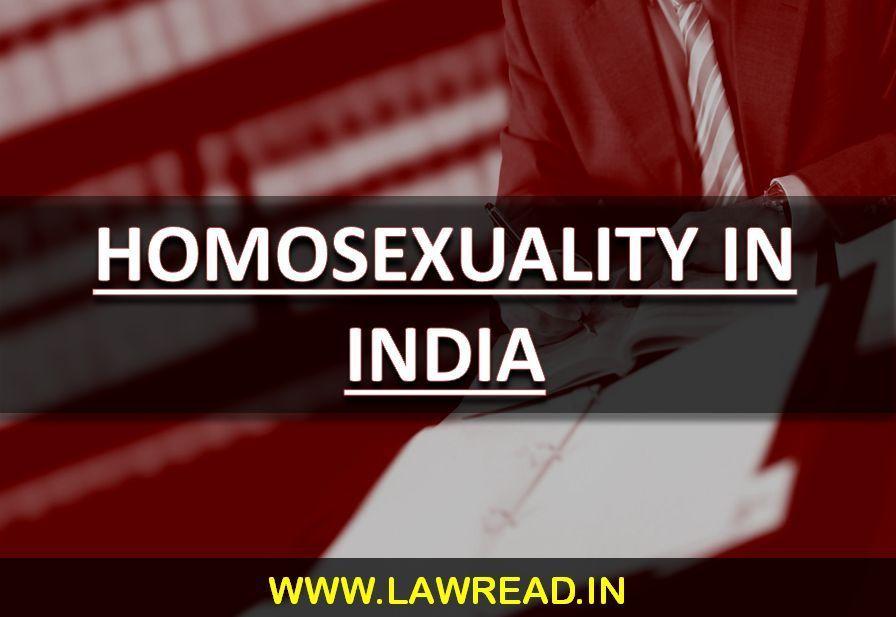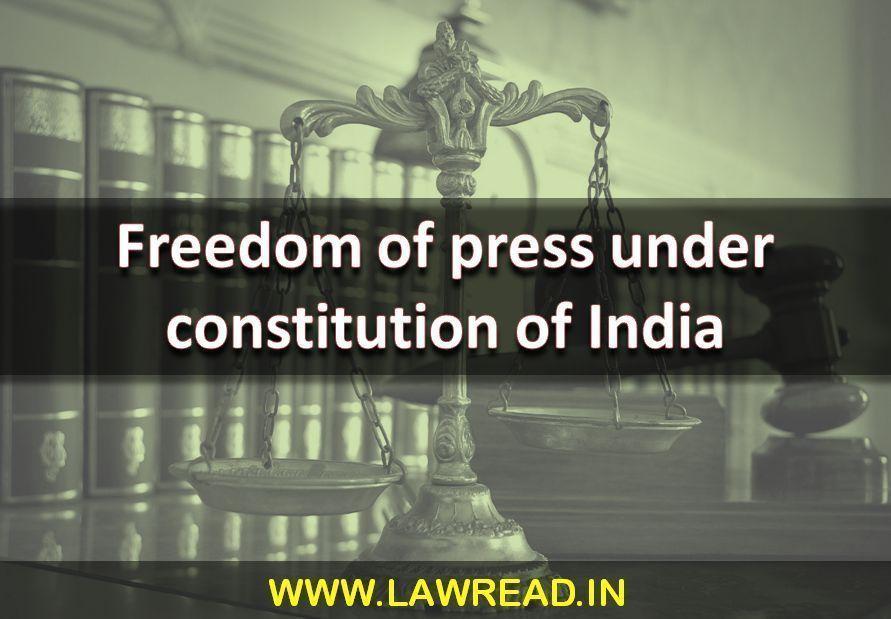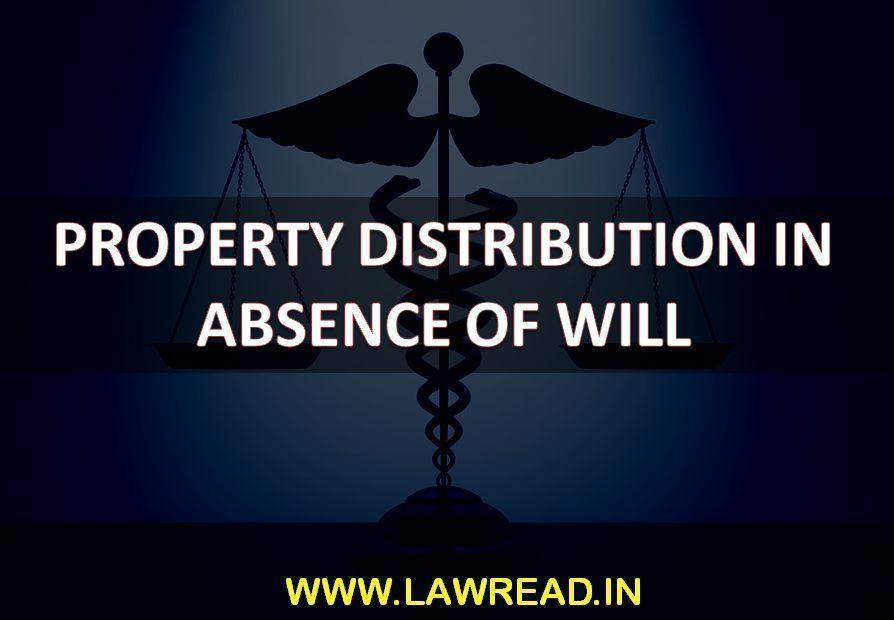NEWS
JUDGES RIGHT TO PRIVACY
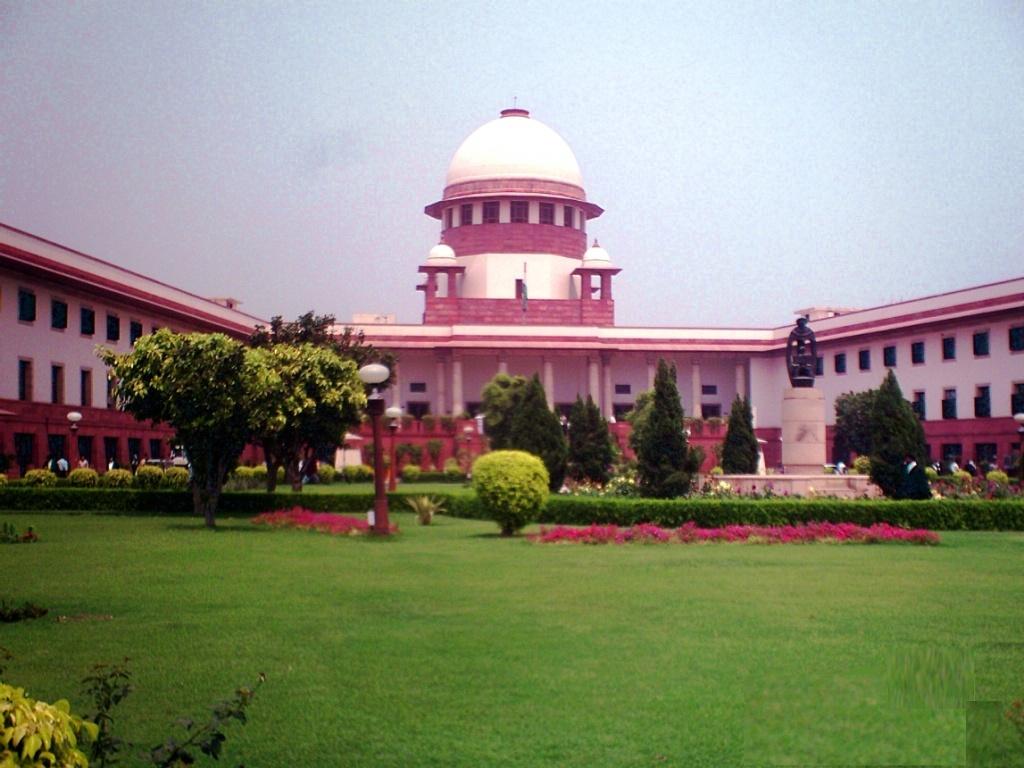
While hearing the case of SK Nausad Rahaman v Union of India, a bench of Justices DY
Chandrachud, Surya Kant, and Vikram Nath declared that the State cannot ignore the core
constitutional values, particularly the preservation of family life, which is a component of
Article 21.
The Supreme Court ruled that executive orders and administrative directives relating to
transfers and postings did not give an individual an inalienable right to claim the same. It
further stated that an employee does not have a fundamental or vested right to request a
transfer or posting of his or her choice.
In this context, the Bench noted that spouse postings were subject to the administrative
requirement. According to the Court, a policy governing the same must take into account the
necessity of protecting family life as an element of a person's dignity and a postulate of
privacy.
The Supreme Court was hearing an appeal from a Kerala High Court verdict where the Hight
The court upheld the validity of a circular issued by the Central Board of Indirect Taxes and
Customs stated that after the enforcement of Recruitment Rules, no application for
Inter Commissionerate Transfers (ICTs) would be considered because the rules did not
include any provision for recruitment by absorption. However, the circular stated that in rare
circumstances and on the basis of extreme compassion, such transfers may be permitted on
a "case-by-case" basis, taking into account administrative considerations.
The Court emphasized the concept that in the event of a conflict between presidential orders
and rules enacted under Article 309, the rules must take precedence. The Court ruled that
when drafting a policy for its own employees, the State must take into account the
importance of protecting family life as a component of personal dignity and a precept of
privacy.




